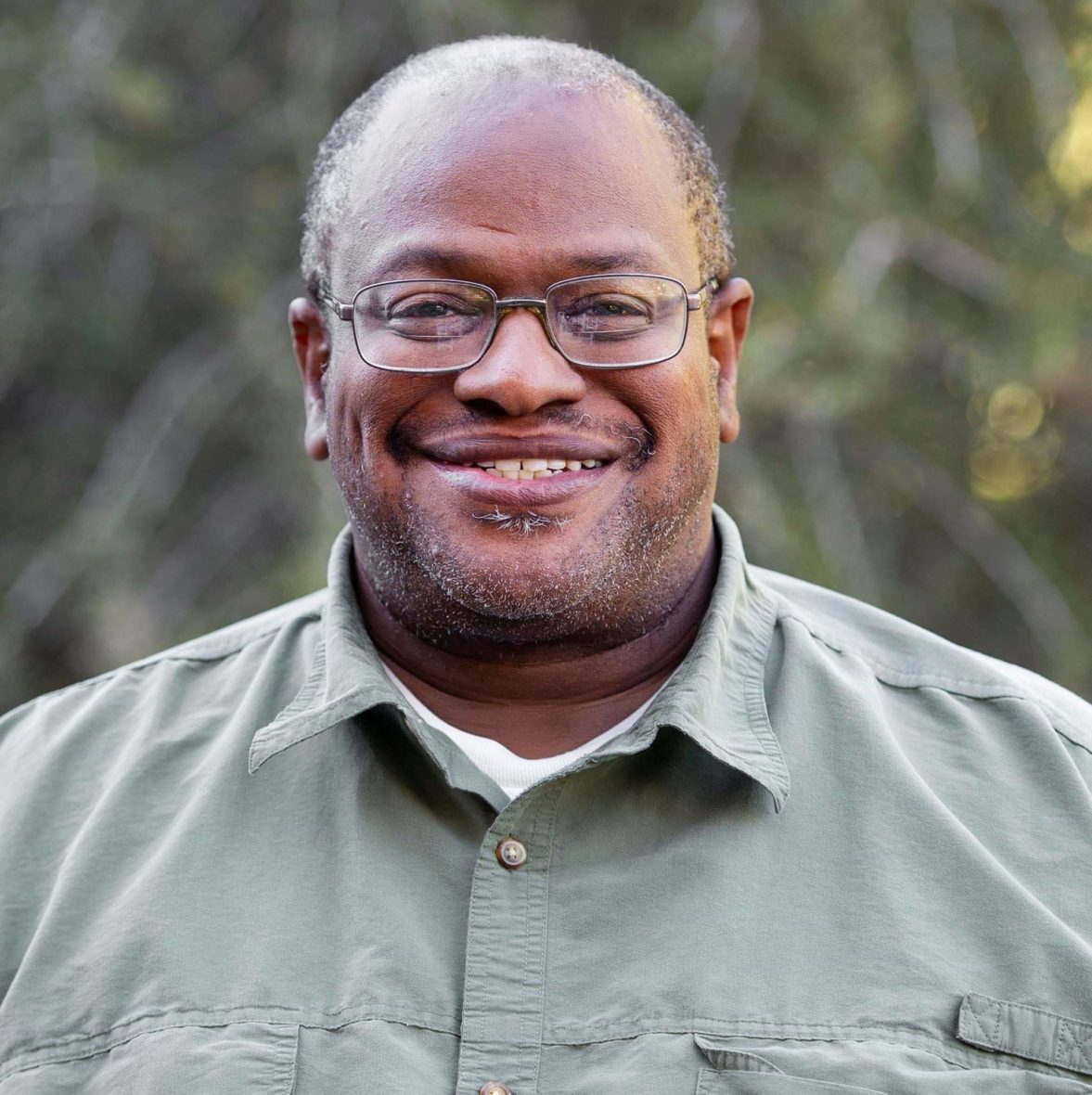One of my fondest childhood memories was sitting on my mother’s lap reading “A Wrinkle in Time” by Madeleine L’Engle. The main characters embark on a journey through space and time, from galaxy to galaxy, as they endeavor to save a father and the world. With surprising twists and turns, the novel journeys into the war between light and darkness, good and evil. The young characters mature into adolescents. My young mind was challenged with questions of spirituality and purpose. I felt affinity with the characters as they were thrown into conflicts of love, divinity, and goodness. That early experience cemented my love for this type of story.
Today I ponder my literary experiences with Beowulf, Persephone, One Thousand and One Arabian Nights, The Epic of Gilgamesh, and Hades. What do they have in common? Consider The Chronicles of Narnia, A Song of Ice and Fire, The Lord of the Rings and Harry Potter. The former list is all folklore and mythology; the latter list fantasy. There are critical distinctions. Fantasy stories can usually be traced to an author or a named group of them. It is popular entertainment, a modern literary mode. Mythologies are stories that predate the fantasy genre. Myths are often allegorical, can be foundational to cultures and religions, and rarely have a single author. Most myths possess variations depending on the size of the culture or region from which they have originated. They are oral, collective, sacred, and timeless. This brings me to “Stories About Stories: Fantasy and the Remaking of Myth” by Brian Attebery, a professor emeritus from the Department of English and Philosophy at Idaho State University.
Myth and fantasy have always been inseparably intertwined. Stories about Stories examines fantasy as a world in which different ways of understanding myth compete and new relationships with myth are worked out. The book offers a comprehensive history of the modern literary genre of fantasy as well as an argument about its nature and importance. The fantasy literature that has been written over the past century and a half shows the extent to which it was formed and molded by various myths and mythologies. Attebery does a deep exploration of this dynamic, detailing how fantasy, as a literary form, is a way of reconnecting to traditional myths and the worlds they form.
Attebery is the “most readable, the most knowledgeable, and the least quarrelsome of critics, said celebrated author Ursula K. Le Guin. “Stories about Stories adds new vistas of understanding to his unsurpassed survey of imaginative literature.”
This scholarly work is largely structured chronologically, and juxtaposes fantasy and myth. Connections between the two are displayed in eight chapters that explore a number of junctures on the timeline between the late eighteenth century and today. Each point offers a particular social and scholarly relation to myths and illustrates the shifts in how myths are incorporated into fantasy stories. Chapters include analytical tools and theoretical background, personal reflections, and illustrative readings of a wide range of works, mixed differently in each chapter.
I recommend this book to Tolkienists, lovers of fantasy and myth, and anyone who appreciates good stories. Attebery’s exploration of the rediscovery of myth through fantasy literature is useful and engaging. As Lloyd Alexander said, “Fantasy is hardly an escape from reality. It’s a way of understanding it.”
Thoughts from the introduction to Stories About Stories resonate with the fight against the many recent incidents of book bannings across the United States. The author says that those who don’t or can’t read fantasy consider themselves superior to it. The tremendous popularity of particular fantasy texts only tends to make such people even more resentful. Attebery points out the book burners who consider fantasy to be suspect on religious grounds. Some believe it encourages witchcraft and devil worship. Others say that simply because it isn’t true, the genre therefore denies Creation.
“The push to ban fantasy,” Attebery concludes, is the least problematic scenario. “Book burners at least take fantasy seriously.”
Book reviews, analysis and teaching tips: https://youngpeoplespavilion.com
Read about children’s literature around the net: http://bit.ly/youngpeoplespavilion

